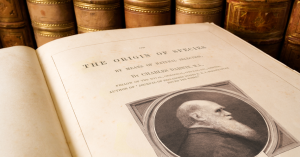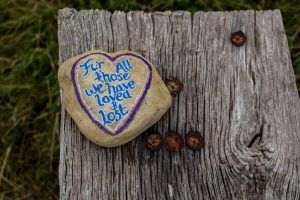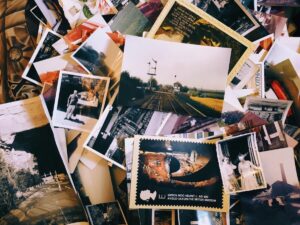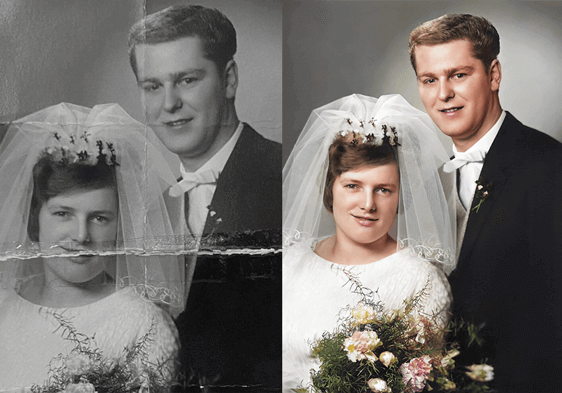The Scopes Monkey Trial: Everything You Need to Know
The Scopes Monkey Trial, officially known as the State of Tennessee v. John Thomas Scopes, stands as one of the most iconic legal battles in American history. This landmark trial, which took place in the hot summer of 1925 in Dayton, Tennessee, pitted science against religion and tradition against progress.
At its core, the Scopes Monkey Trial revolved around the teaching of evolution in public schools and became a defining moment in the ongoing struggle between science and religion in American society. In this comprehensive article, we will delve into the background, key players, significance, proceedings, and aftermath of the Scopes Monkey Trial, shedding light on its enduring impact on education, the law, and the broader cultural and intellectual landscape of the United States.
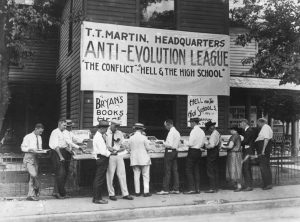
Background on the Scopes Monkey Trial
The early 20th century witnessed significant cultural and intellectual shifts in America. One of the most prominent developments was the growing acceptance of Charles Darwin’s theory of evolution by means of natural selection. This scientific theory challenged traditional religious beliefs that emphasized divine creation and a literal interpretation of the Bible’s account of creation in the book of Genesis. As a result, the teaching of evolution in public schools became a contentious issue in many parts of the country.
Tennessee, a predominantly conservative and religious state, was among the first to take action against the teaching of evolution in public schools. In 1925, the Tennessee State Legislature passed the Butler Act, a law that made it illegal to teach “any theory that denies the story of divine creation as taught by the Bible and to teach instead that man has descended from a lower order of animals.” Violation of the law could result in a fine of up to $500, a significant sum at the time.
John Thomas Scopes, a young high school biology teacher in Dayton, Tennessee, became the central figure in this legal drama. Although he had only briefly covered the topic of evolution in his classroom, he volunteered to serve as a test case for the American Civil Liberties Union (ACLU), which sought to challenge the constitutionality of the Butler Act. Scopes agreed to be charged with teaching evolution, setting the stage for one of the most significant trials of the 20th century.
Key Players in the Scopes Monkey Trial
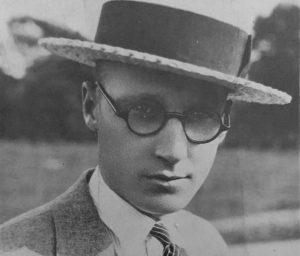
- John Thomas Scopes: A 24-year-old high school biology teacher, Scopes was charged with violating the Butler Act by teaching the theory of evolution in his classroom. He became the defendant in the trial and was represented by a team of renowned defense attorneys.
- William Jennings Bryan: A prominent figure in American politics and a three-time Democratic nominee for President, Bryan served as the lead prosecutor in the trial. He was a devout Christian and a vocal opponent of the teaching of evolution.
- Clarence Darrow: A celebrated defense attorney and a staunch advocate of civil liberties, Darrow led Scopes’ defense team. Known for his eloquence and sharp legal mind, Darrow would play a pivotal role in the trial.
- Judge Raulston: The presiding judge in the trial, Raulston was tasked with ensuring that the proceedings adhered to legal standards. However, his rulings would also come under scrutiny for their impact on the trial’s outcome.
Significance of the Trial
The Scopes Monkey Trial carried immense significance in several respects:
- Clash of Worldviews: The trial symbolized the deep cultural and ideological divide in American society between traditional religious beliefs and the emerging scientific worldview. It highlighted the tension between religious fundamentalism and the acceptance of modern scientific theories.
- Challenge to Academic Freedom: The trial raised fundamental questions about academic freedom and the role of public education. Should the state dictate what can or cannot be taught in public schools, or should educators have the freedom to explore and teach the latest scientific theories?
- National Attention: The trial garnered national and even international attention, making it a media sensation. Newspapers, radio broadcasts, and newsreels brought the trial’s proceedings into the homes of millions of Americans, intensifying the debate over evolution and religion.
- Evolution as a Cultural Flashpoint: The trial catapulted the theory of evolution into the center of public discourse, solidifying it as a symbol of modern scientific thought and secularism. It also catalyzed the formation of creationist movements that persist to this day.
The Prosecution: William Jennings Bryan
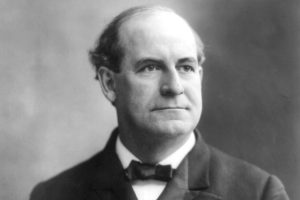
The prosecution in the Scopes Monkey Trial was led by the eminent orator and statesman William Jennings Bryan, who had previously served as Secretary of State under President Woodrow Wilson. Bryan was a devout Christian and a staunch advocate for the prosecution of those who taught evolution in public schools. He saw the trial as an opportunity to defend biblical literalism and protect religious values from what he perceived as the corrosive influence of scientific materialism.
The Charge: Teaching Evolution
The prosecution’s case was straightforward: John Scopes was charged with violating the Butler Act by teaching the theory of evolution to his students. The Butler Act explicitly prohibited the teaching of any theory that contradicted the biblical account of creation, making it a criminal offense to present evolutionary ideas in public school classrooms.
The Defense: Clarence Darrow
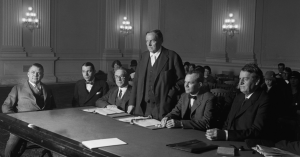
The defense team was led by Clarence Darrow, one of the most celebrated lawyers of his time. Darrow was a passionate advocate for civil liberties and had a long history of defending individuals accused of challenging societal norms. He was supported by a team of ACLU attorneys who believed that the Butler Act violated the constitutional rights of both teachers and students.
The Argument for Academic Freedom
Darrow’s defense strategy centered on challenging the constitutionality of the Butler Act. He argued that the law violated the First Amendment’s Establishment Clause, which prohibits the government from establishing or endorsing any particular religion. Darrow contended that the Butler Act represented an attempt to impose a specific religious belief on public education, thereby violating the principle of academic freedom.
The Trial
Selection of the Jury
The trial commenced on July 10, 1925, in the small town of Dayton, Tennessee. As the proceedings began, the jury selection process became a point of contention. The defense sought a jury that would be impartial and open to considering the constitutional issues at hand, while the prosecution aimed to seat jurors with strong religious convictions. Ultimately, the jury was composed of 12 men, all of whom were white and Protestant.
Testimonies and Cross-Examinations
The trial featured several notable testimonies and cross-examinations:
- Expert Witnesses: The defense called renowned scientists, including zoologist Maynard M. Metcalf and geologist Horatio H. Newman, as expert witnesses to testify on the validity of the theory of evolution. Meanwhile, the prosecution brought in theologians and religious scholars to argue for the biblical account of creation.
- Scopes’ Classroom Instruction: Scopes himself took the stand and admitted to using a textbook that included information about evolution. This admission served as the basis for the prosecution’s case against him.
- Darrow vs. Bryan: One of the most memorable moments of the trial occurred when Clarence Darrow called William Jennings Bryan to the witness stand as an expert on the Bible. Darrow subjected Bryan to a rigorous cross-examination, probing his literal interpretation of the Bible and challenging his views on the age of the Earth. The exchange between these two titans of their respective fields captivated the courtroom and the nation.
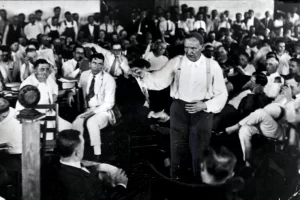
The Impact of Media Coverage
The Scopes Monkey Trial was a media spectacle. Newspapers from across the country covered the trial extensively, and radio broadcasts and newsreels carried the proceedings to a nationwide audience. This unprecedented media coverage had a profound impact on the trial itself and the public’s perception of the issues at stake.
The trial became a showdown not just in the courtroom but also in the court of public opinion. Supporters of Scopes and academic freedom rallied behind the defense, while those who saw evolution as a threat to religious beliefs stood firmly with the prosecution. The intense media scrutiny amplified the trial’s significance and turned it into a symbol of the broader cultural divide in America.
The Verdict: Guilty or Not Guilty?
On July 21, 1925, after eight days of trial, the jury returned a verdict of guilty against John T. Scopes. He was fined $100, the minimum penalty under the Butler Act. Despite the guilty verdict, the trial did not definitively resolve the constitutional questions surrounding the teaching of evolution in public schools.
Reactions to the Verdict
The verdict in the Scopes Monkey Trial elicited a range of reactions:
- Legal Ambiguity: While Scopes was found guilty, the trial did not result in a clear legal precedent regarding the constitutionality of the Butler Act. The verdict was based on a technicality (Scopes’ admission to teaching evolution) rather than a decisive ruling on the law itself.
- Public Opinion: The trial had a lasting impact on public opinion. Many Americans began to question the wisdom of enforcing laws that restricted the teaching of scientific ideas in public schools. The trial exposed the tension between religious beliefs and academic freedom, prompting discussions about the role of religion in public education.
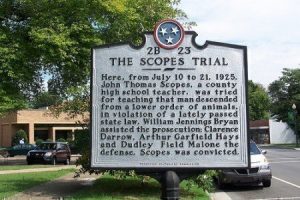
Legacy of the Scopes Monkey Trial
The Scopes Monkey Trial left a lasting legacy that continues to reverberate through American society:
- Evolution in Education: The trial did not eliminate the teaching of evolution in American schools, but it did prompt many states to reconsider their curriculum standards. Over time, the acceptance of evolutionary theory grew, and today it is a fundamental component of biology education.
- Academic Freedom: The trial underscored the importance of academic freedom in public education. Courts in subsequent cases have consistently ruled against the teaching of creationism or intelligent design as science in public schools, upholding the separation of church and state.
- Evolution-Religion Debate: The debate over evolution and religion persists in American society. While many religious individuals accept the compatibility of evolutionary theory with their beliefs, creationist movements continue to advocate for the teaching of alternative views in public schools.
- Media Influence: The Scopes Monkey Trial showcased the power of media to shape public discourse and influence public opinion. It set a precedent for how high-profile legal cases are covered by the press and continues to be studied by journalists and scholars.
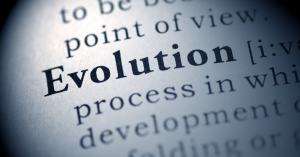
Conclusion
The Scopes Monkey Trial remains an enduring symbol of the clash between science and religion in American society. This landmark trial, with its cast of compelling characters and dramatic courtroom confrontations, captured the imagination of the nation and left an indelible mark on the fields of education, law, and public discourse.
While the verdict itself had limited immediate legal impact, the trial’s legacy continues to influence debates over the teaching of evolution, the role of religion in public education, and the boundaries of academic freedom in the United States. The Scopes Monkey Trial stands as a testament to the enduring struggle to reconcile tradition and progress, faith and reason, in the ever-evolving landscape of American culture and society.
